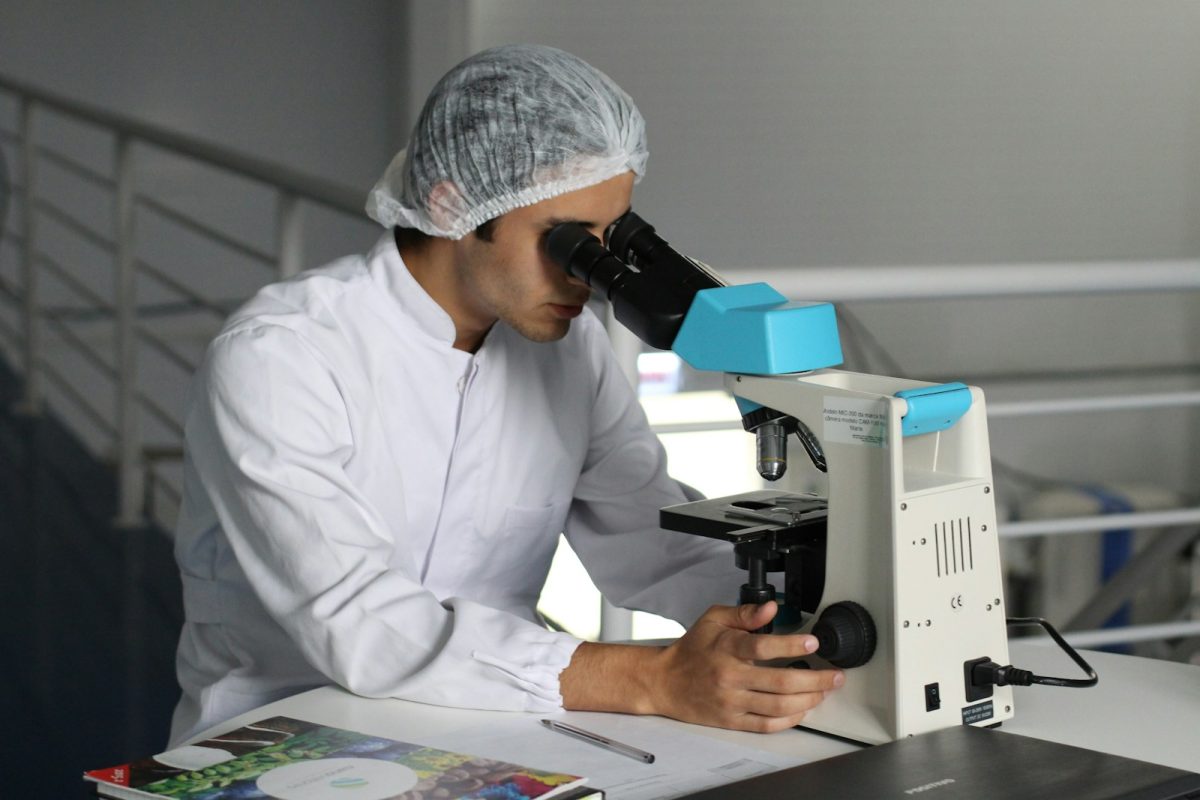People show expressions and add flavor into their conversations with laughter everyday, but why do we laugh?
What happens when we laugh?
When we laugh, our breathing patterns get altered by the rapid contractions of our abdominal muscles, which is why our stomach hurts when we laugh. This also increases pressure in our chest cavity and pushes air out of our mouths, which can look like a snort, wheeze, or some sort of vocalization. Laughter causes our body to do weird thing but why do we do it in the first place?
What is the history of laughter?
Humans are not the only species that laugh. Using ultrasonic recorders, scientists in the late 90s found evidence of rats giggling when they got tickled. Since that experiment, scientists have found evidence of at least 65 species that have a laughter like response during social play, for example, primates. After analyzing recordings of primates “laughing” during play, researchers grew more convinced that all apes did laugh and that they laughed to show non-harmful intent in rough-play. Then why do humans laugh for things besides just wrestling?
How is laughter used everyday?
Some scientists think the function of laughing expanded as language evolved from primal body language to complex languages. These scientists think laughter became a way to project subtle meanings and emotion in reactions and speech. This is believed to be one of the reasons laughter is so “contagious”, it’s like an invitation to share someone’s positive emotional state. It is proven people often laugh more in the presence of others.
RELATED TOPICS:
- https://mensa.org.uk/the-science-of-laughter/#:~:text=Laughter%20on%20the%20brain&text=And%20whether%20we’re%20doing,slapper%20you’ve%20just%20heard.
- https://www.lung.org/blog/laughter-for-lungs#:~:text=When%20you%20laugh%2C%20your%20diaphragm,make%20your%20exhalations%20more%20effective.
- https://www.healthline.com/health/cataplexy#:~:text=Cataplexy%20happens%20when%20your%20muscles,%2C%20laughing%2C%20or%20feeling%20angry.
- https://www.scientificamerican.com/article/why-do-we-laugh/#:~:text=Laughing%20further%20releases%20endorphins%2C%20the,ultimately%20calming%20and%20tension%2Drelieving.
- https://goaskalice.columbia.edu/answered-questions/what-causes-laughter/#:~:text=It’s%20one%20of%20the%20body’s,such%20as%20embarrassment%20or%20confusion.
TAKE ACTION:






